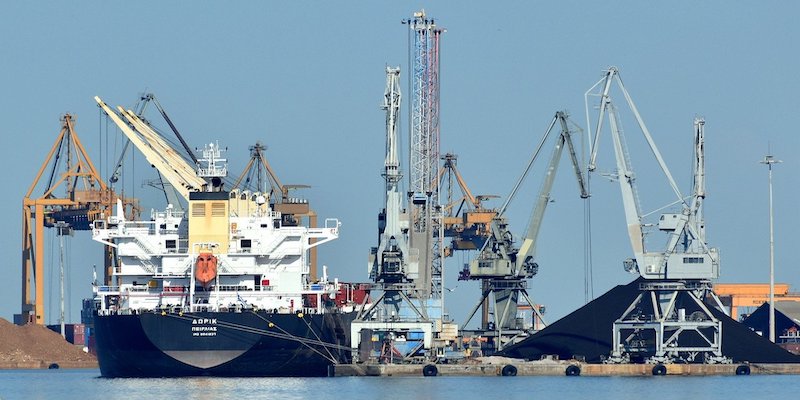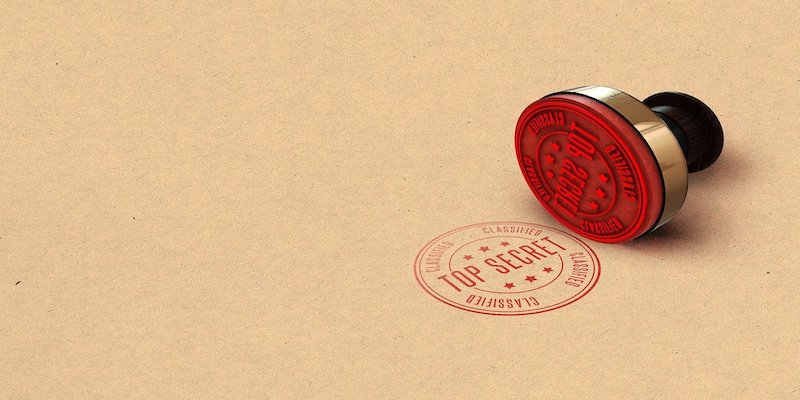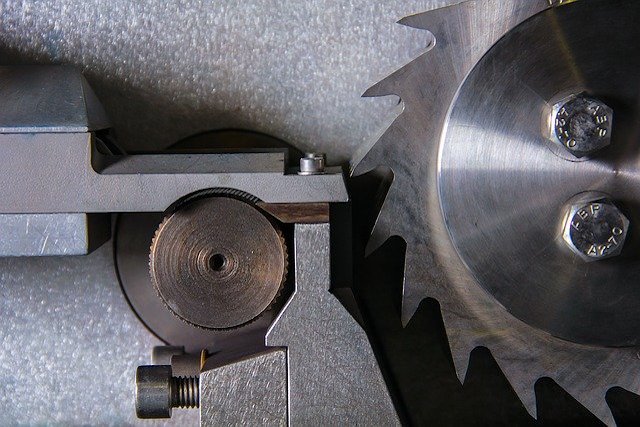Computer Numerical Control (CNC) manufacturing is involved in the creation of numerous intricate components that are required in several key industries. While mass production may be suitable for some tasks, many areas of business need custom-created parts to satisfy specific needs.
The process of CNC manufacturing uses many different types of devices. From machine turning and milling to screw machining, each method removes unnecessary material from the raw product to ensure the finished component conforms to exact specifications.
So what are the most common industries served by CNC manufacturing? Here are just a few examples:
1. Aerospace Industry

Components used in the aerospace industry are subjected to a number of harsh conditions such as fast air currents, extreme pressure and high speeds. To make sure the aircraft is completely safe, precision engineers must construct each and every component to exact specifications. Even minor errors could increase wear and tear, produce drag or catch on an air current.
The aerospace industry uses several extra-durable materials in the CNC manufacturing process. The types of materials used depend on what the component will be used for and the properties required. The most common raw materials include aluminium, nickel, plastics, alloys and titanium.
Not only is CNC manufacturing used in the creation of aircraft, but it is also utilised in producing the devices that service them. Notable components include:
- Airfoils
- Manifolds
- Landing gear parts
- Antennae
- Bushings
- Electrical connectors
- Radiofrequency suppression materials
2. Oil and Gas Industry

The petrochemical industry has a great need for well-machined parts that fit perfectly together. If this doesn’t happen, a piston may not create pressure, a cylinder may fail to fill or a valve could leak.
An extremely important use for CNC manufacturing in the oil and gas industry is for drilling rigs. Unlike most facilities, the rigs are usually positioned in remote areas – meaning if something does go wrong it can take several days to replace the faulty part.
Not only that, but these rigs are subjected to extremely harsh weather conditions. For this reason, every single part or component must work perfectly the first time and be extremely robust.
Common part created by CNC manufacturing include:
- Rods
- Valves
- Pistons
- Pins
- Drill bits
- Cylinders
3. Medical Industry

Businesses in the medical industry rely heavily on customisable products that are built to fit the individual needs of patients. To protect from infectious diseases, many components are disposable, meaning the sector requires a constant supply of parts in a short space of time – something that CNC manufacturing is adept at doing.
Another reason that CNC manufacturing is extremely important in the medical sector is the creation of prototypes. Companies in the industry will often want to try out new theories and ideas, so they will want to thoroughly test out parts and components before mass production. Luckily, precision engineering can help with both of these needs.
Given the large number of devices and materials used in the medical sector, there are various different components that CNC manufacturing is used to create, such as:
- Research equipment
- Shielded enclosures
- Implants
- MRI machines
- Orthotic devices
- Customised packaging
- Electrical parts
4. Marine Industry

Unsurprisingly, components used in the marine sector must be resistant to water. Given that most electricals don’t perform well around moisture, they must have housing to keep water away from them. Seafaring vessels have the additional requirement that they must be resistant to the effects of saltwater.
CNC manufacturing is also important to the marine industry because components must be extremely resistant to wear and tear, given the fact that ships may not be able to return to land for repairs for long periods of time.
Some of the most common uses for CNC manufacturing in the marine sector include:
- Boat parts
- Propellers
- Engine components
- Insulating cases
- Electronic parts
- Prototype moulds
5. Transportation Industry

It may seem surprising, but many of the components manufactured for the aviation industry can also be used in the transportation sector. Both areas of industry require extensive research to be carried out so designers can effectively test out new ideas.
As a result, the use of CNC manufacturing is essential to create prototypes for testing so that companies can effectively work out what changes need to be made. It also makes the process of creating these prototypes much quicker than alternative methods.
The transportation industry also requires robust and long-lasting components that can assist with hauling cargo cross-country. On top of that, high-speed trains also have to deal with the additional strains that moving so fast creates. This means that all of the parts must fit together perfectly without any room for error.
CNC manufacturing is most commonly used in the production of the following vehicles for the transportation industry:
- Passenger trains
- Shipping vessels
- Freight trains
- Passenger vehicles
- Transport trucks
6. Military and Defence Industry

Much like the petrochemical industry, components manufactured for the defence sector have to be robust enough to cope with the harshest of environments. The military also needs to be able to keep up with technological advancements to provide the best level of protection. Regular updates are required, which can easily be handled by CNC manufacturing.
Common uses of CNC manufacturing in the defence industry include:
- Electronics
- Communications components
- Aeroplane parts
- Transportation components
Find the Right Manufacturer

No matter which industry you operate in, it’s essential that you work with a provider you can rely upon. We understand the need for high-quality products that can stand the test of time.
This is why we have robust quality control procedures in place to ensure all our products conform to even the most stringent of requirements. Whatever the scale of the job, we will ensure it is delivered on time and on budget, so you can be completely confident that everything is taken care of.
EGL Vaughan is adept at forging close relationships. We’ll stay in touch with you right the way through the process – from the initial conversations up until the delivery of your items. This is just one of the many reasons why clients come back to us time and time again.




